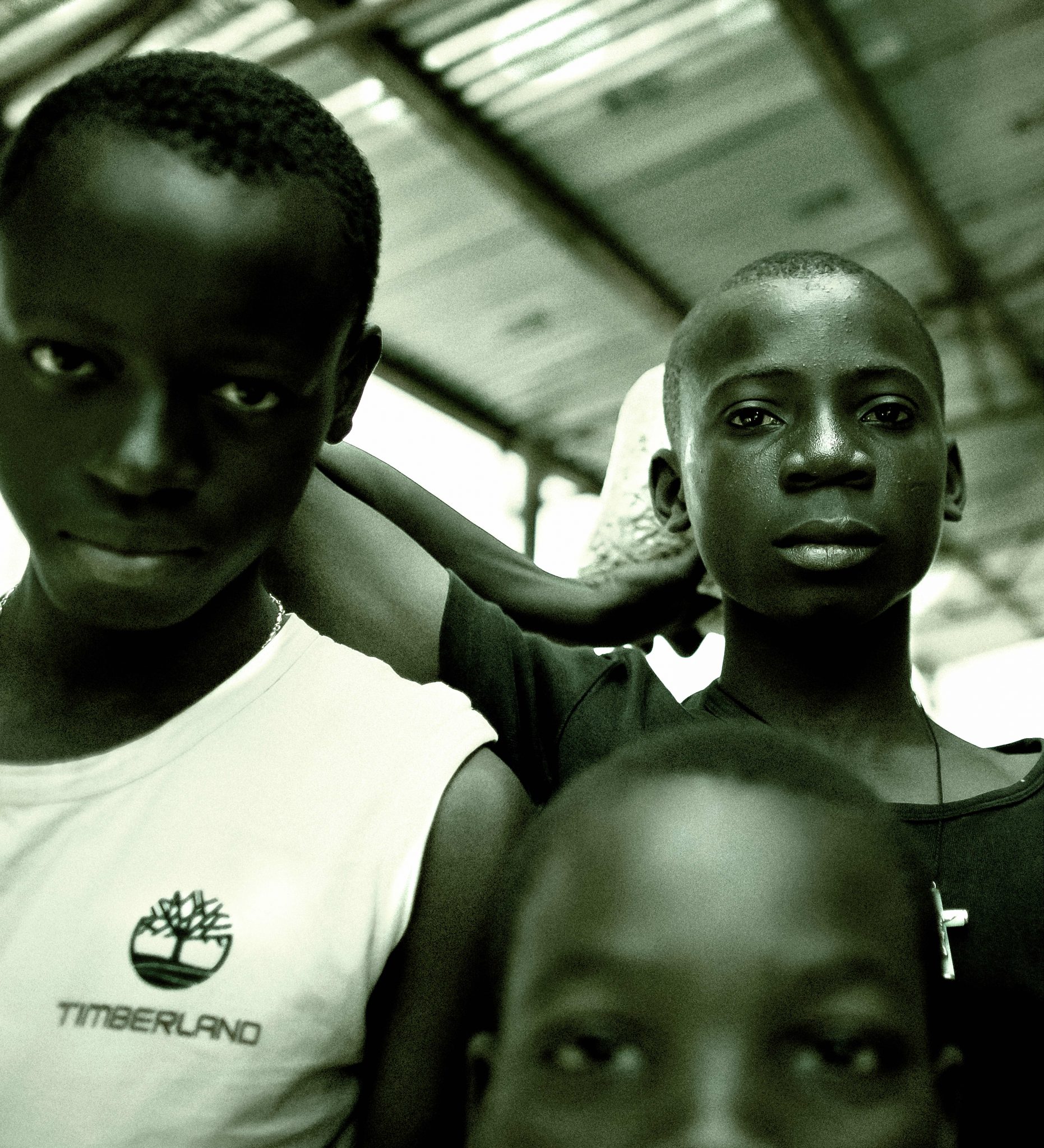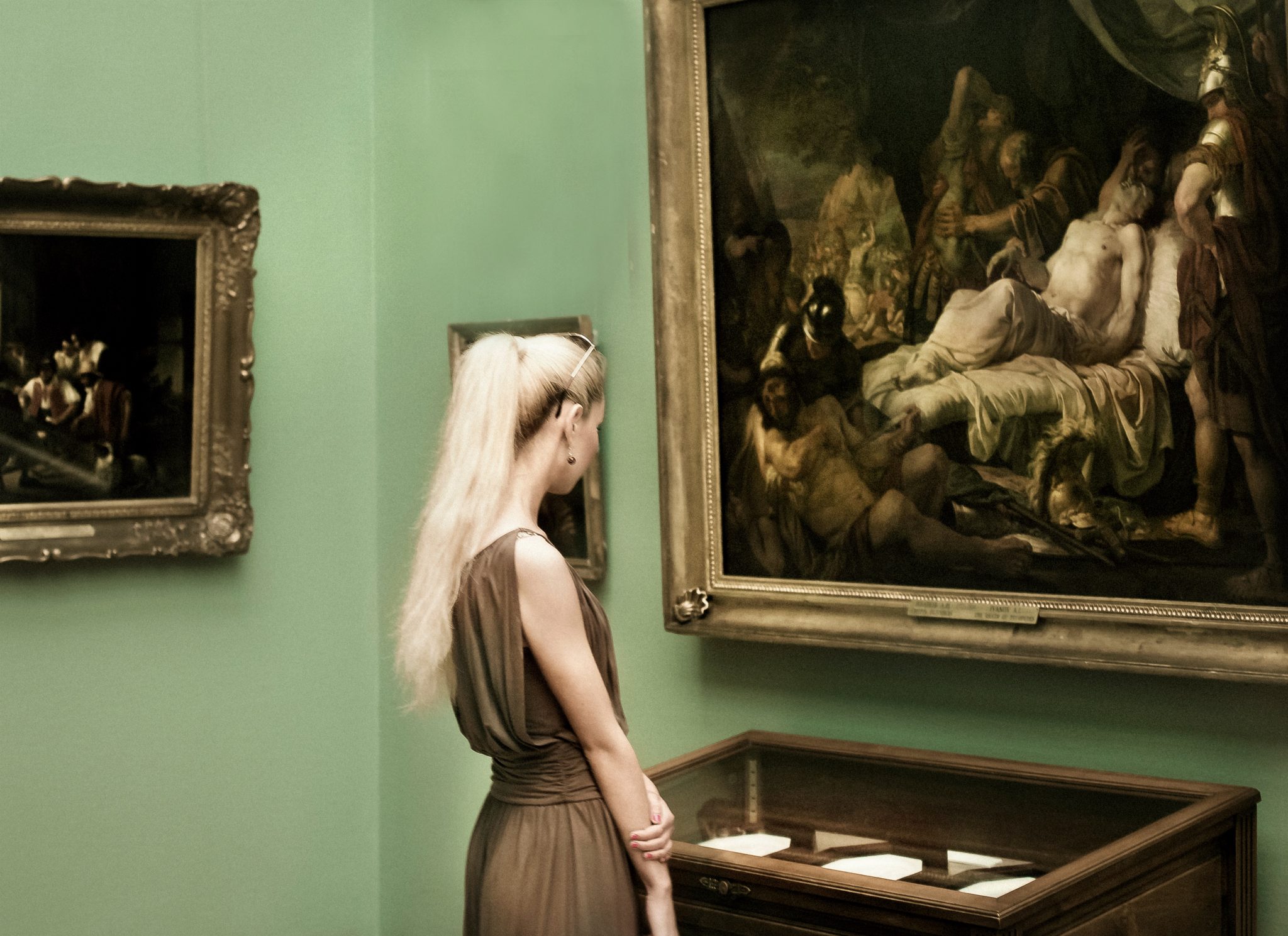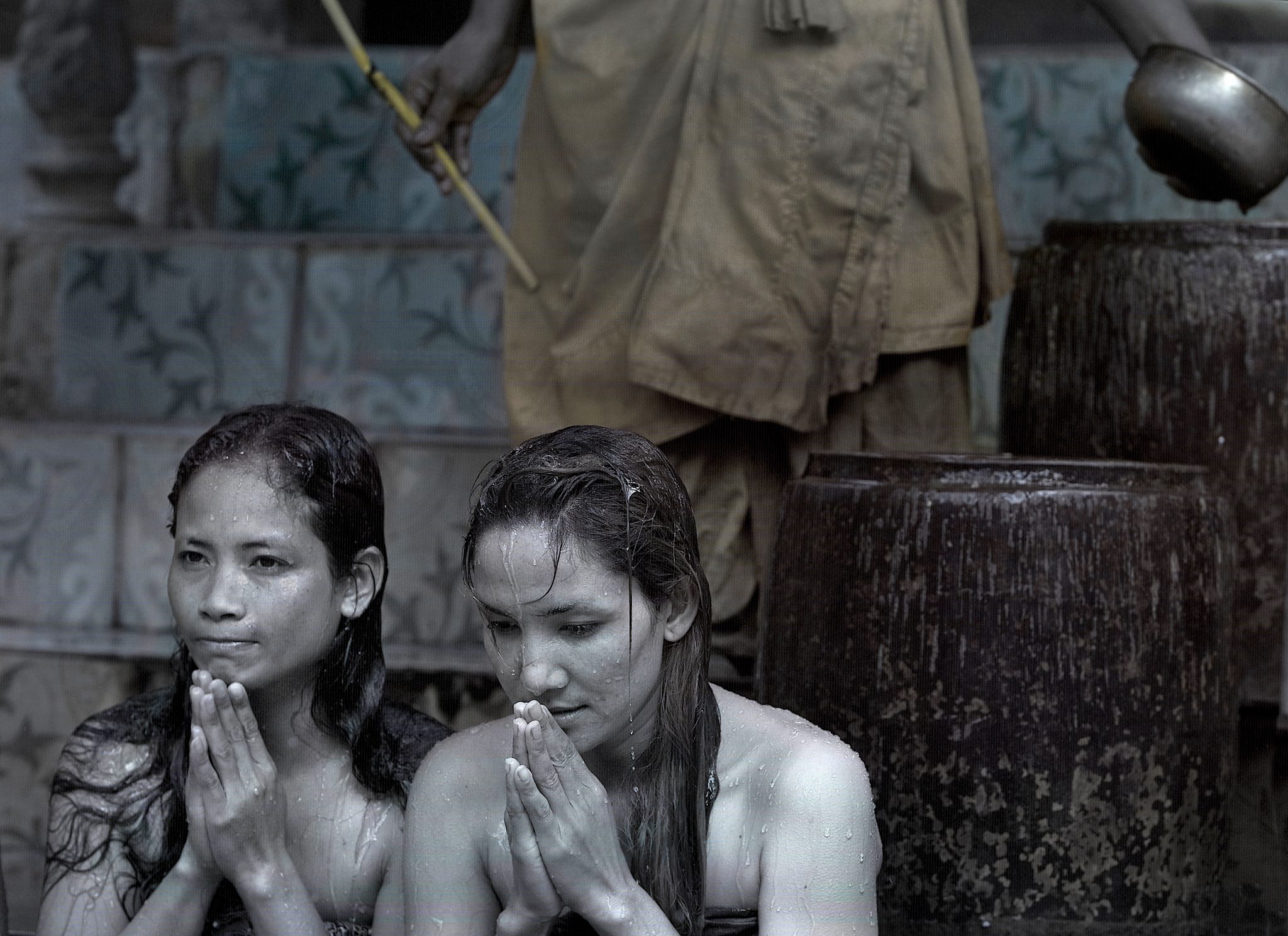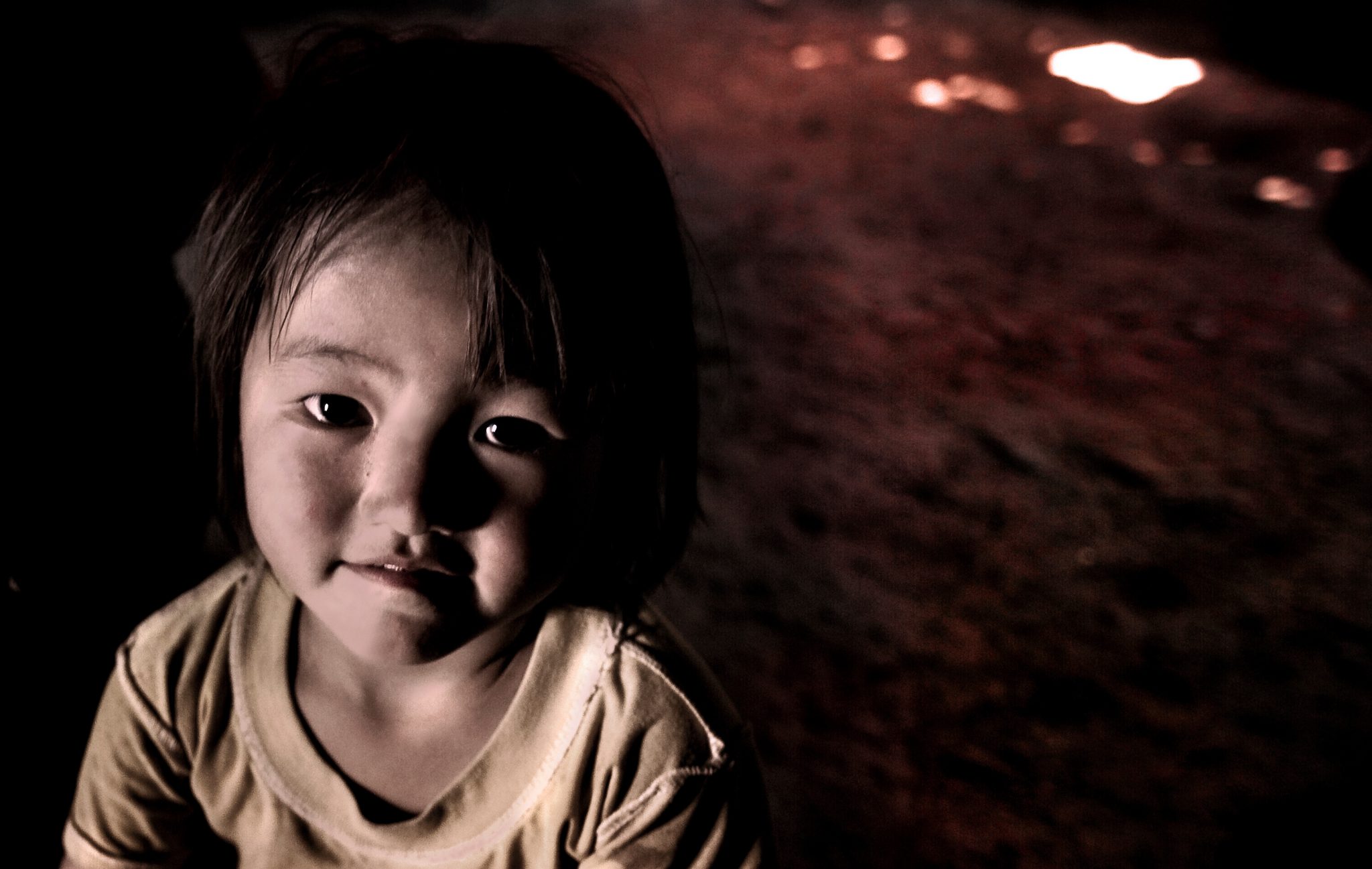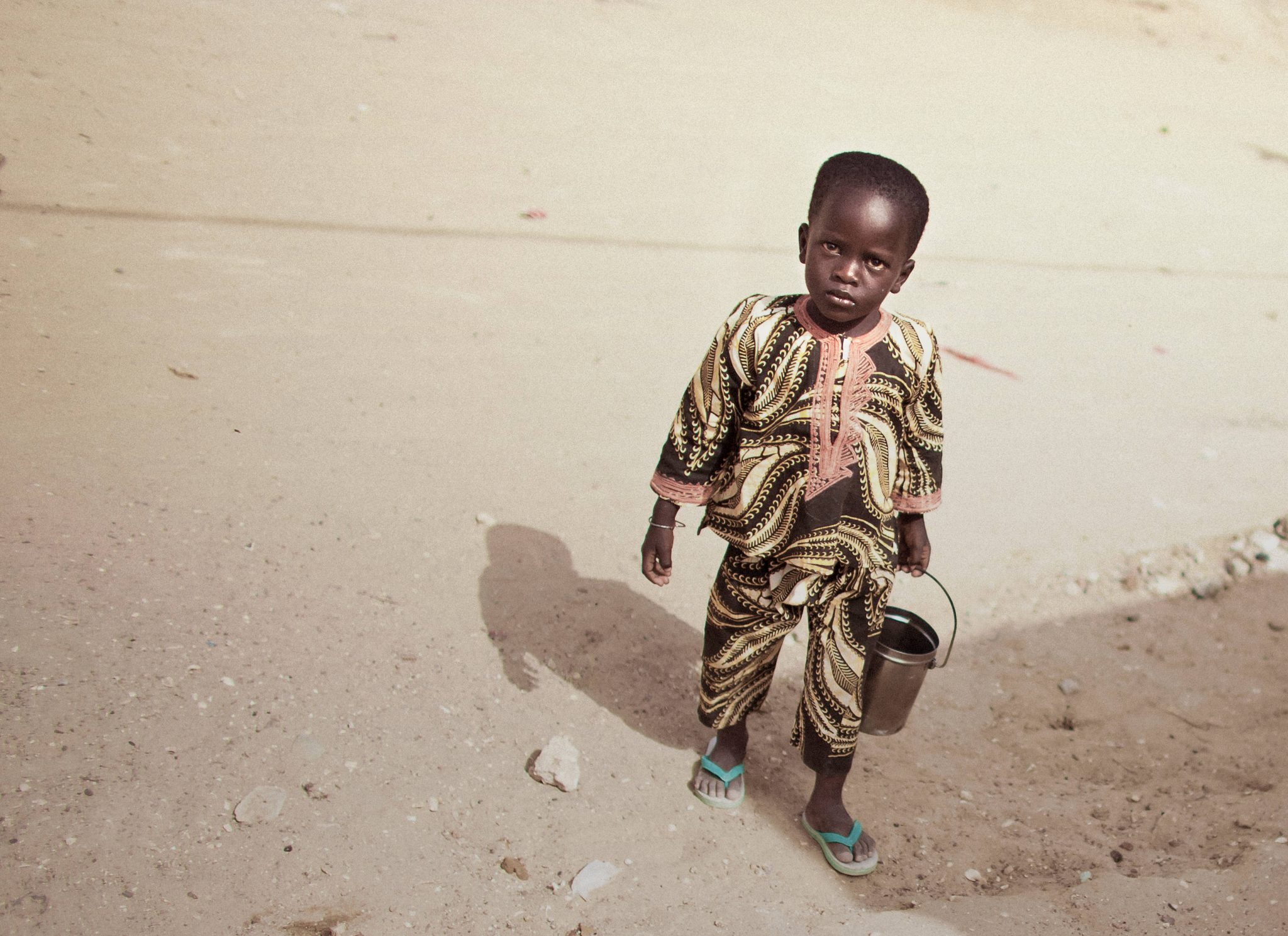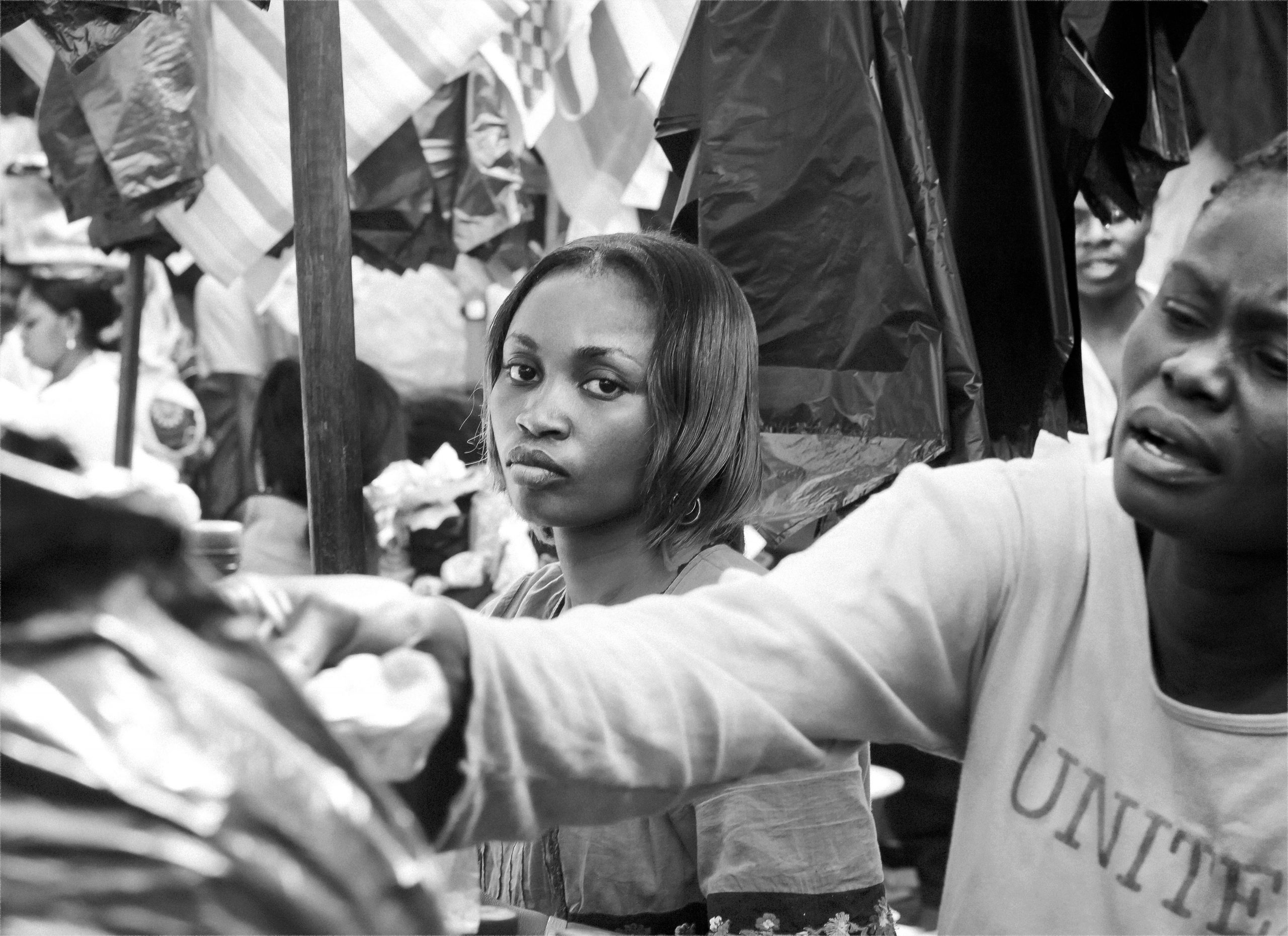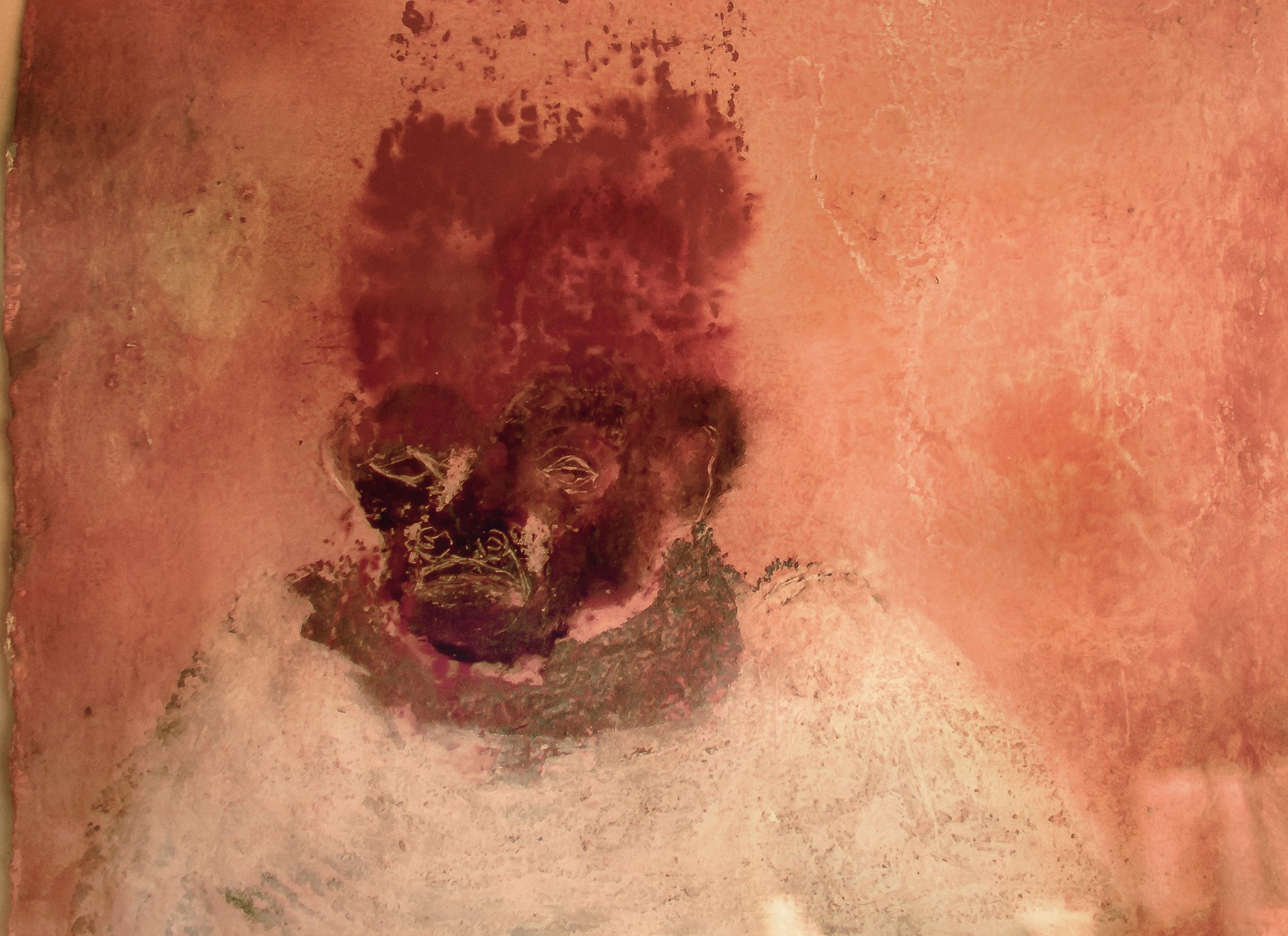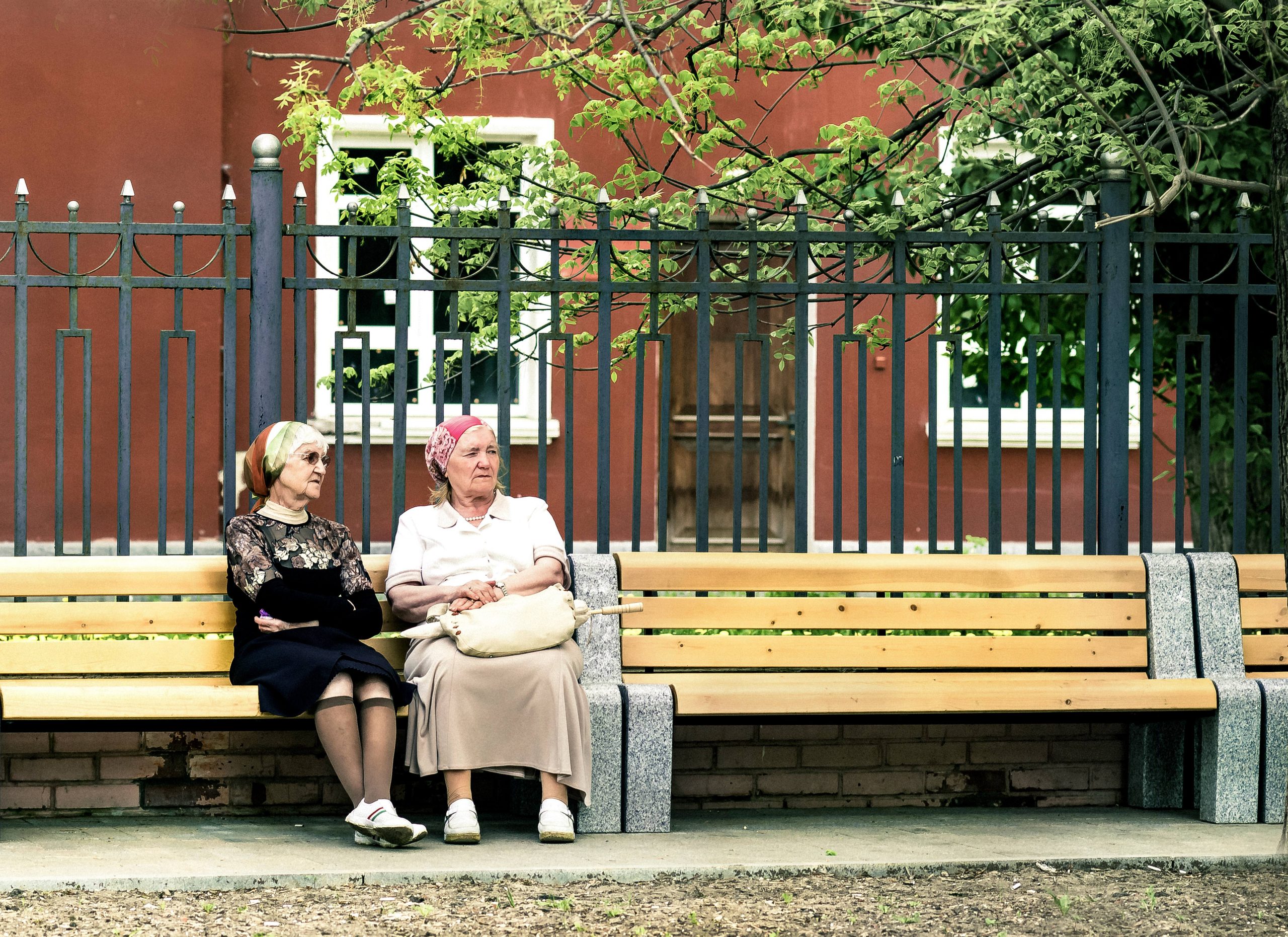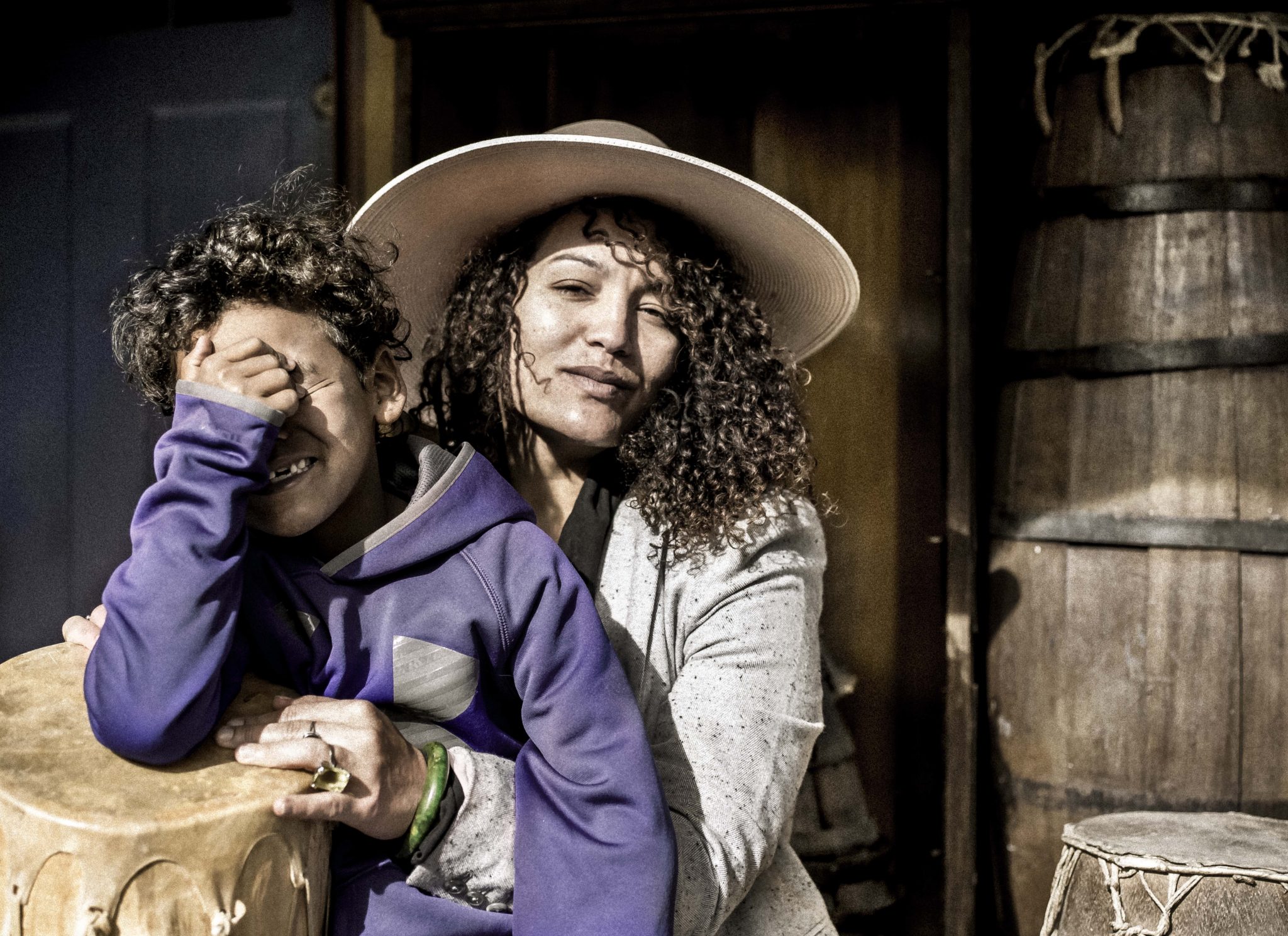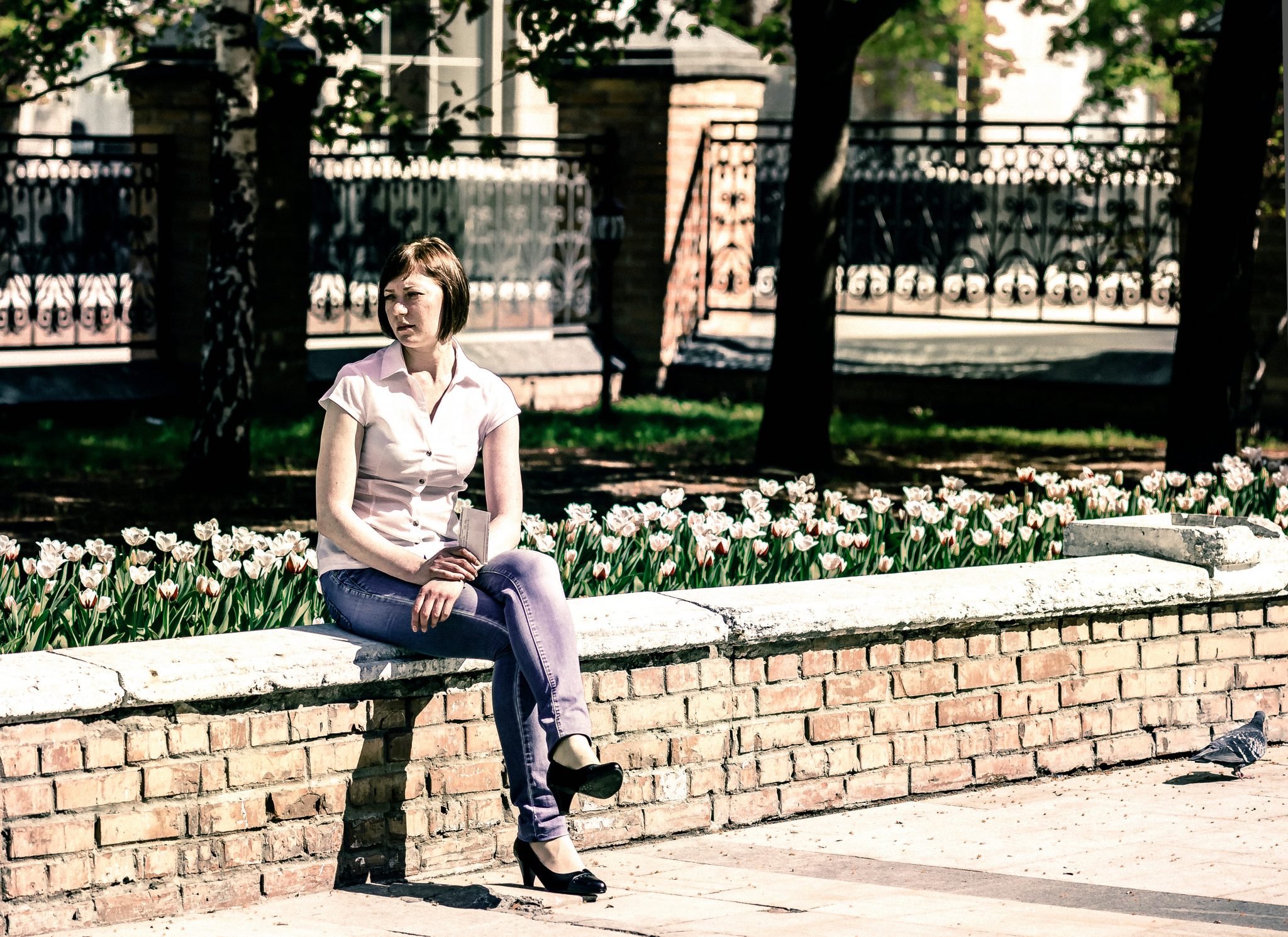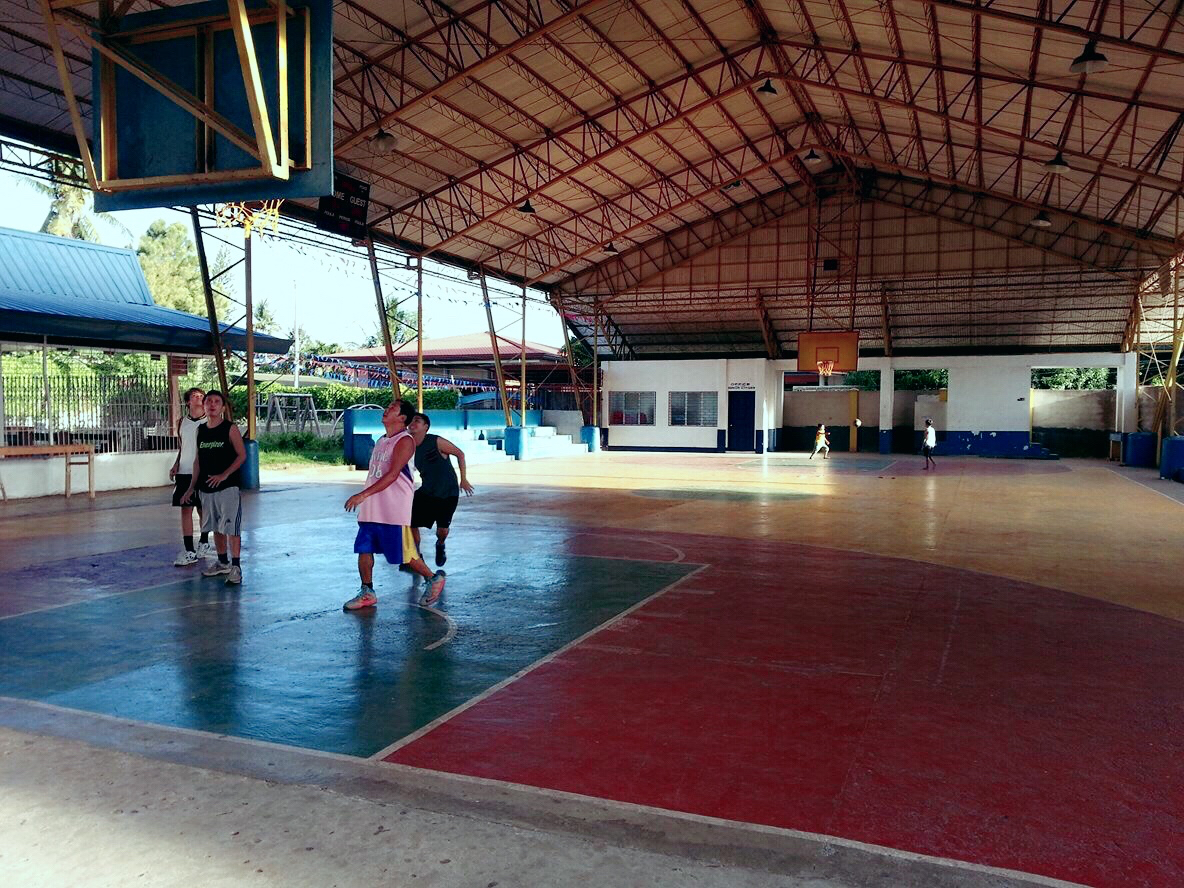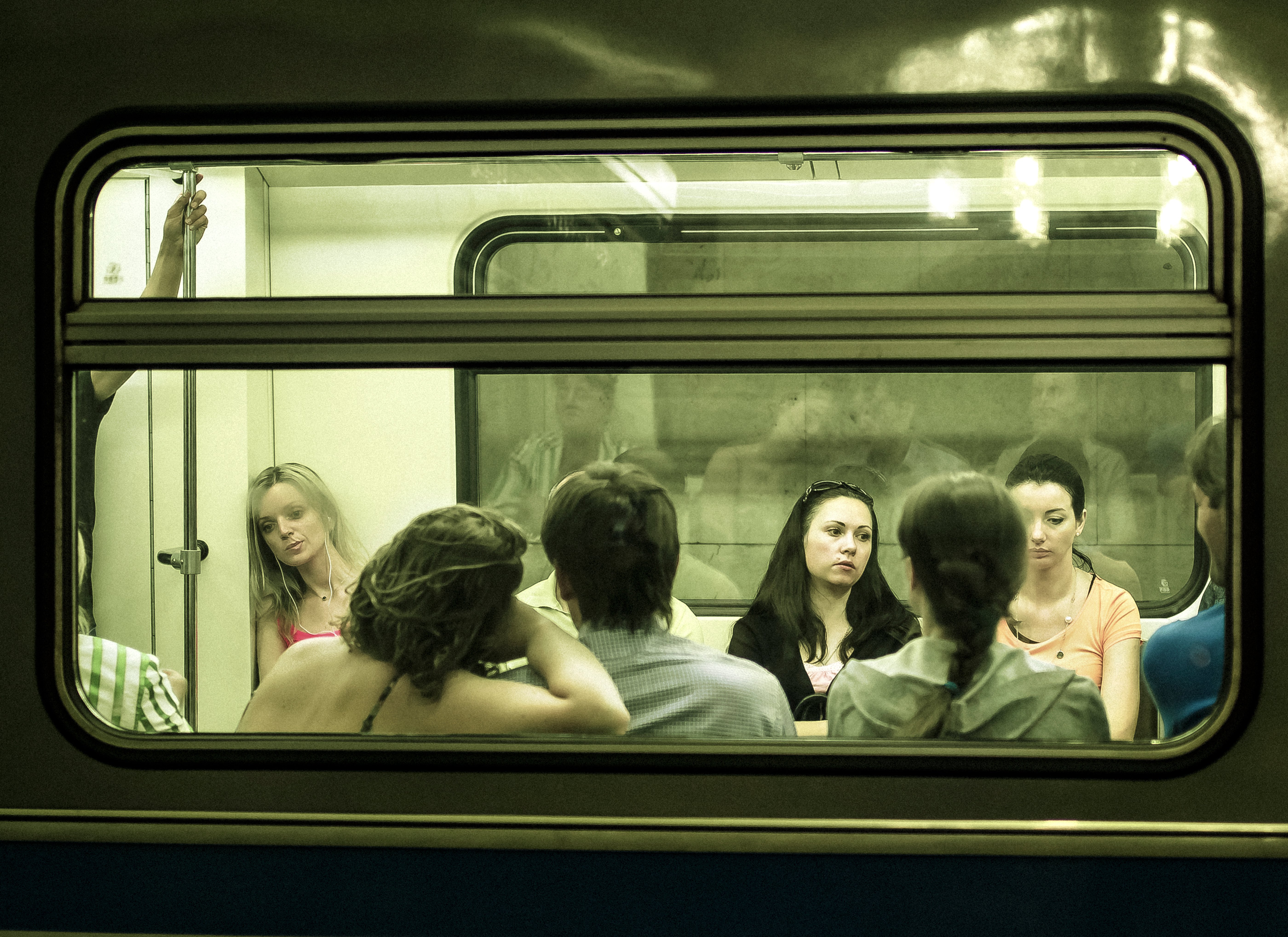
Lunch at L’inizio in Leuven
The streaking black car on the pale highway crossed a field of clover before braking hard on the outskirts of Leuven, a medieval city of cathedrals and over-sized burghers’ houses, where Chérubin and Sylvere planned to eat an early lunch.
Chérubin steered the big Mercedes onto a cobble-stone street and caused a young woman wearing a backpack and baseball cap to flash a smile and skip into the air as if dancing. Sylvere, seated in the passenger seat, smiled back.
Music issued from unseen stereo speakers, filling the interior of the luxurious automobile with soft rhythms and sweet melodies. The powerful engine moved the machine effortlessly, whether at high speed or at a pace equivalent to a leisurely walk.
Sylvere, surveying the streets of the historical center of Leuven, noticed a large number of young people with backpacks and shoulder bags, students at the various schools, such as the prestigious Old University of Leuven or the more recently established Katholieke Universiteit Leuven. The picturesque town, 30 kilometers east of Brussels in the Flemish section of Belgium, was well-known for its academic institutions.
“We’re lucky it’s a Saturday morning in July, not an afternoon during the school year,” Sylvere remarked. “Otherwise, we would have been stymied.” Of course, he knew, the schools of Leuven were almost as busy during the summer, offering programs to students from different parts of Europe in the months of June, July, and August. Chérubin maneuvered the car skillfully, pointing it down a street designed for pedestrians and cyclists only.
“C’est Memphis?” Sylvere asked, recognizing a new melody coming from invisible speakers. He peered at Chérubin. Chérubin’s face was still blank. In his imagination, Sylvere saw the scene from two days earlier. Standing on the platform of the station, Combs-la-Ville-Quincy, while waiting for the RER D train to Paris, he had encountered a beautiful young woman with a small boy and girl. The tall woman was the former lead singer of the musical group, Memphis. She and her children had waited for the same train as Sylvere.
“My ex-girlfriend made the playlist for me,” Chérubin replied, speaking in French and glancing at Sylvere. “I didn’t know the artists, but this one is Senegalese. My girlfriend, who also was from Senegal, knew the members of Memphis personally.” He pressed a button on the center of the steering wheel and turned up the volume. “You like them?” he asked.
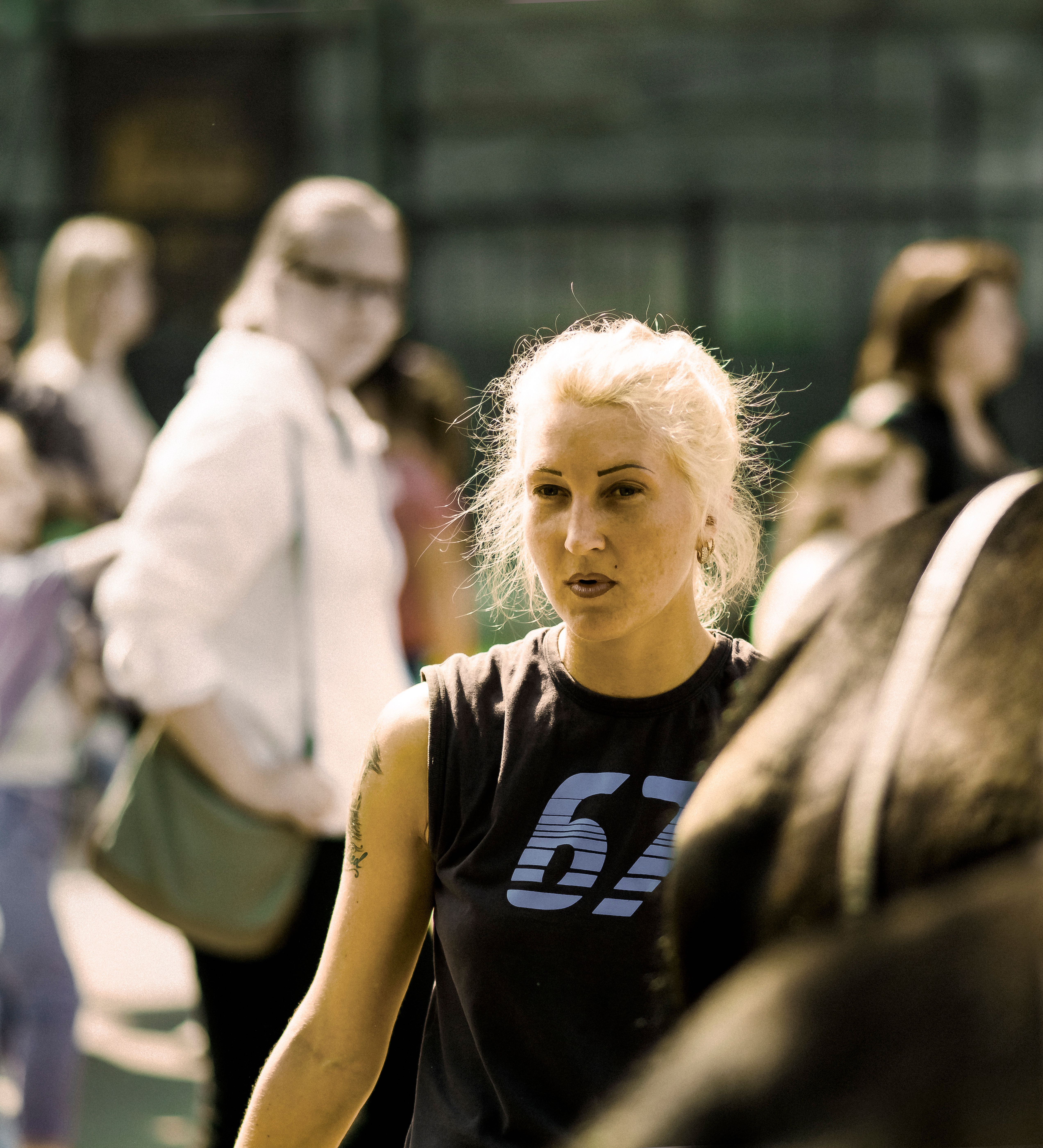
Sylvere was stunned, unsettled by the earlier meeting with the beautiful Irene in Paris and then by hearing her voice in Leuven two days later. Showing no emotion, Chérubin continued on illegally down the street, named Muntstraat, for 30 seconds. At the next cross street, called Naamsestraat, running north to south, Chérubin stopped the car. Sylvere was surprised.
Chérubin parked in front of a large, three-story building. Sylvere peered up through the passenger-door window at an imposing mass of stone and mortar.
“We’re on the back side of the original town hall,” Chérubin commented while opening his door. He gave the impression he was thinking about something else entirely. Sylvere, who had been to Leuven on various occasions, knew Chérubin was referring to the 15th-century, gothic structure, Stadhuis van Leuven, which featured spires and hundreds of statues.
Chérubin nodded at a man standing in front of a restaurant, called Ellis Gourmet Hamburgers, on the left side of Muntstraat. The man, who appeared to be Flemish, obviously had been waiting for Chérubin. “We’re going to walk from here,” Chérubin announced as he stepped out of the car. The Flemish man immediately moved away from the restaurant and approached. Leaving the engine of the Mercedes running, Chérubin unfolded his large frame with the ease of an athlete and met the man in the center of Muntstraat.
Sylvere opened his own door, watching as Chérubin placed his hand on the Flemish man’s shoulder and spoke in a low voice. The man nodded, walked to the door of the Mercedes, and took Chérubin’s place behind the wheel of the car.
“Let’s go,” Chérubin said, approaching Sylvere and leading him down Naamsestraat. Sylvere heard the Flemish man gun the engine of the Mercedes noisily behind them. At the next cross street, called Zeelstraat, Chérubin turned. He walked quickly, as if in a hurry. He seemed, at the same time, consumed by private thoughts. Following as closely as he could, Sylvere, much older than Chérubin, was unable to maintain the younger man’s pace.
“What’s happening?” Sylvere wondered.
“We’re almost there,” Chérubin shouted at Sylvere.
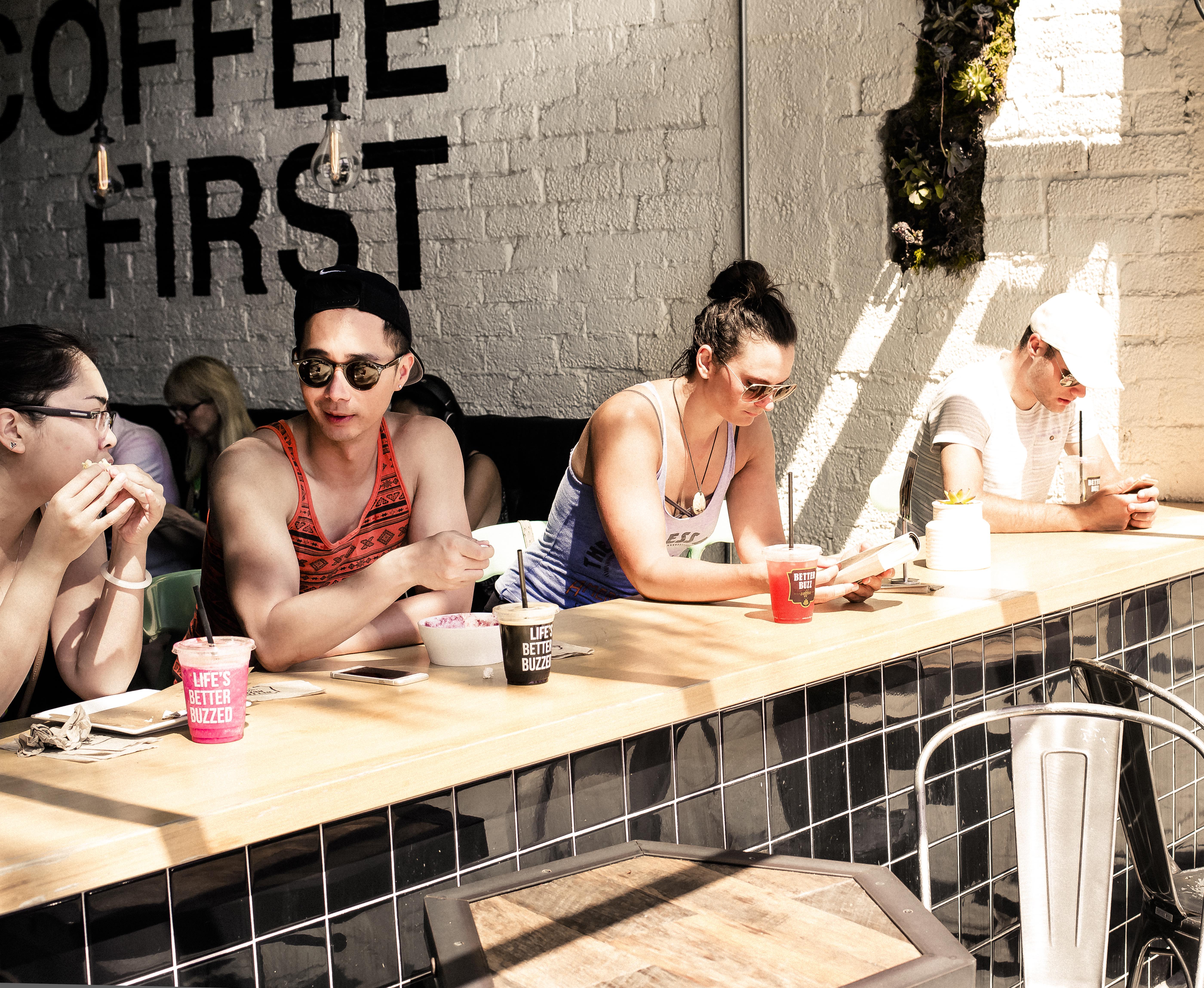
Reaching the end of Zeelstraat, they emerged into open space. The sun beat down on them viciously, Sylvere thought. But he immediately recognized the location. It was Leuven’s largest and most popular square, Oude Markt, with numerous bars and restaurants densely packed on all sides.
Chérubin stopped and stared. He appeared confused. He recovered quickly, though, glancing back at Sylvere. “We have a slight change of plans,” Chérubin announced. “Anna and Carolina want to meet you now rather than later.” He stared at Sylvere, who did not speak but who shuffled his feet impatiently. He wondered if it was the reason Chérubin had been preoccupied. “They’re waiting for you at a café right here,” Chérubin added. “You’ll eat your lunch with them.”
Three students on bicycles rode past. Sylvere froze, his heart beating rapidly.
“Okay,” Sylvere responded reflexively. “What choice do I have?” he murmured. Anna, one of the richest women in Africa, and her personal secretary, Carolina, had agreed to help him rescue the daughter, Claudette, of his deceased friend in eastern Congo. They had brought him to Belgium to discuss their rescue plan; they had set up their meeting to coincide with a celebration of their refurbishment of an important museum in another Flemish town, Tervuren, 20 kilometers to the west of Leuven.
Sylvere realized he not only had to agree to their conditions. He realized he also, apparently, had to adjust to their impulses. Of course, he was hungry, though. He wanted to eat his lunch as soon as possible.
At the front door of a café, Chérubin turned and faced Sylvere. “I’ll join you later,” Chérubin said. Chérubin started to walk away and hesitated. “I have some things I want to talk with you about,” he added in a low voice. “They are important.” Chérubin turned and walked quickly to the opposite side of the markt before disappearing completely.
***
